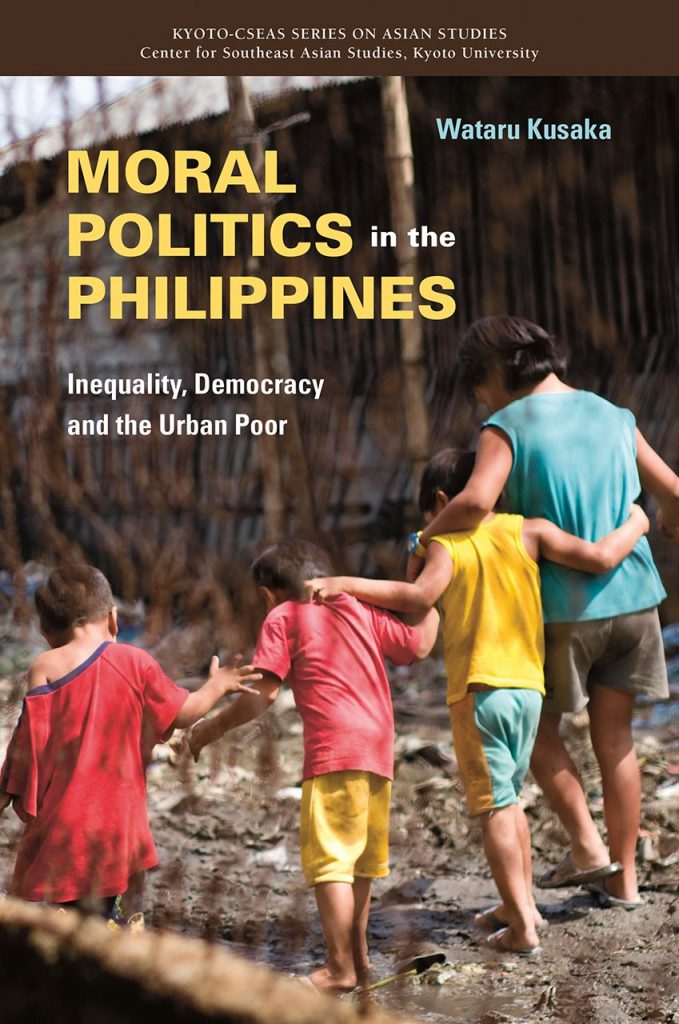Moral Politics in the Philippines offers an in-depth examination of the political participation and discourse of the urban poor in Manila. After the ousting of Ferdinando Marcos in 1986, society in the Philippines fractured along socioeconomic lines. The educated middle class began to recognize themselves as moral citizens and political participants while condemning the poor as immoral “masses” who earn money illegally and support corrupt leaders. Conversely, the poor believe themselves to be morally upright and criticize the rich as arrogant oppressors. Wataru Kusaka looks at the dangers of this moralization of politics during the last several decades, and he analyzes the damaging effects it has had on democracy by excluding much of society and marginalizing the interests of those most in need of resources.
Contents
List of Illustrations
Preface
Introduction: Philippine Democracy and Moral Politics
1. Analytical Framework
2. Formation of the Dual Public Sphere
3. People Power and Moral Antagonism
4. Moral Antagonism in Elections
5. Moral Antagonism in Urban Governance
6. The Revival of Moral Nationalism
7. Beyond Moral Politics
Addendum
Afterword
Notes
Bibliography
Index
